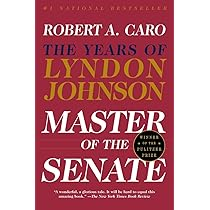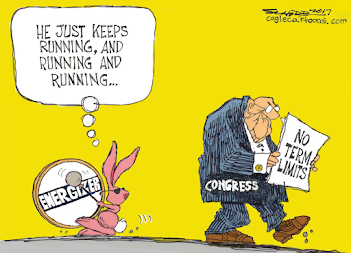The Peril of Zero Tolerance Policies: Enabling Generational Cycles of Poverty and Detrimental Effects on the Lives of Marginalized Students

By Amber Gordon The utilization of zero tolerance policies in schools across the United States informs a grave threat to the success and wellbeing of marginalized students. Overall, zero tolerance policies require the expulsion, suspension, or arrest of students for specific offenses and are disproportionately applied towards minority group students. For example, according to the Sentencing Project, black students are five times more likely to be incarcerated when compared to white students (Rovner, 2023). As a result, these disciplinary actions have led to the creation of the school-to-prison pipeline, which refers to the trend of students being expelled or removed from school and into juvenile detention centers or prison (ACLU, 2008). Additionally, since the implementation of zero tolerance policies through the Gun Free Zones Act of 1990, students across the nation have been expelled and incarcerated, oftentimes for minor infractions, which should not warrant such severe punish...





